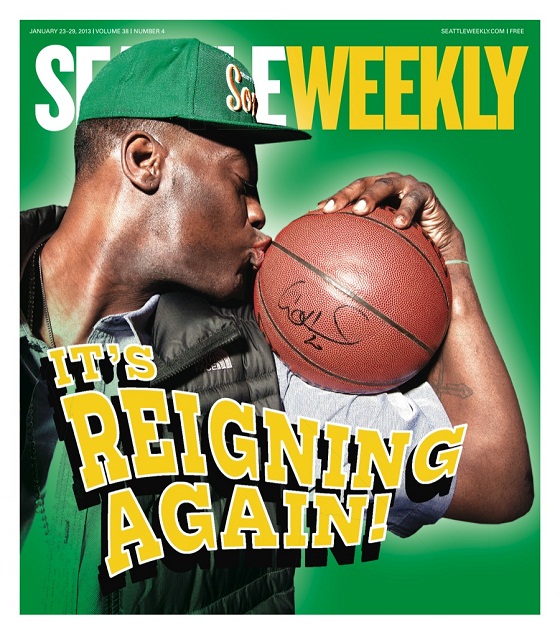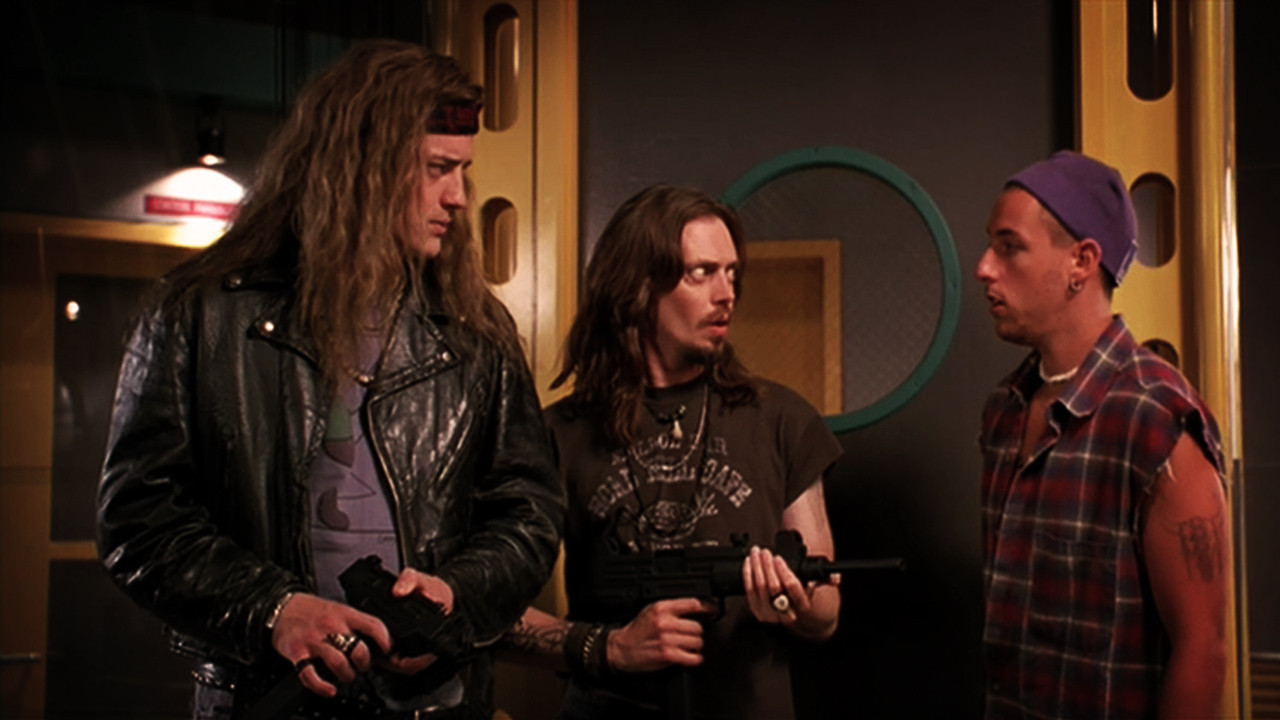Renee McMahonIf these people bought tickets to Sasquatch! with the intention of dancing at the Gorge, the Department of Revenue says they should be paying sales tax. DOR has previously said that shows at the Gorge were not subject to the sales tax on tickets and cover charges that has infuriated and confused local clubs. Thursday afternoon in Olympia, Dan Cowan told the Senate’s Ways and Means committee that he knows every major promoter in the state and many club owners, and in the 20 years he’s owned the Tractor Tavern, neither he nor any of his colleagues knew that they were supposed to collect sales tax on cover charges and tickets if their clubs provided customers an “opportunity to dance.” He learned about the tax, he said, when the department of revenue retroactively charged him $250,000 for unpaid sales taxes. He’s not alone. Representatives from other local venues – such as the Century Ballroom and Neighbors nightlclub – have said they didn’t know they were supposed to collect sales tax for tickets and cover charges to events that provide their patrons an “opportunity to dance” but are now facing back taxes in the six-figure range.Cowan told the committee that he settled for $91,000, but for his 9-employee business that sells tall boys of Pabst and Hilliards while customers listen to rock, rap, and roots music in his Ballard club, “it’s a huge impact upon us. I think if we don’t do something about this now, it’s going to come back. (The law is) extremely vague.”Just how vague? Sen. Ed Murray, sponsor of SB 5613 — which would amend current law so that clubs providing an opportunity to dance would not have to collect the full retail sales tax–and the Department of Revenue articulate state law completely differently.When explaining how the “opportunity to dance” tax works on Thursday afternoon, Mike Gowrylow, a spokesperson for the Department of Revenue, forwarded me a section of an updated Tax Guide for Nightclubs, Bars, and Lounges that “we hope to publish soon.” It stipulates that “Any charge that allows a customer an opportunity to dance is subject to sales tax. The Department presumes that an opportunity to dance is provided when a venue has a dance floor, or any dance area or location where dancing customarily occurs, and provides music, whether the music is provided live, by a DJ, or by some other arrangement.” Note the last sentence: “… whether the music is provided live, by a DJ, or by some other arrangement.” When Sen. Murray took the mike to introduce that bill he sponsors, his interpretation of the law was a complete contradiction of DOR’s: “The tax doesn’t make sense for these reasons: it applies to bars and clubs with DJs and recorded music but not to concerts with live bands, even though those different events might happen in the same venue and the people would both have the opportunity to dance.” Really?Seattle club owners are just as confused. The owner of one of the cities most popular clubs told me Thursday that he understands the tax to be “only for dance clubs and (we are) a live music venue.” Another longtime club owner told me that he believed concerts to be exempt from the sales tax.Gowrylow says that the sales tax should be assessed if dancing – not just sitting or standing while watching a performance – is part of the draw to buy a ticket, regardless of the venue.”If you go to the Paramount and you watch a concert down there, you can’t stop people from jumping up (and dancing near their seats),” Gowrylow says, explaining that the event would not require the collection of the sales tax. “But if you got to the Gorge and the Gorge is actually promoting a dance festival, then they should collect a tax.” In the past, Gowrylow has used the Gorge as an example of a venue that doesn’t promote dancing, and was therefore exempt from charging sales tax on ticket sales. Thursday, Gowrylow said no music venue is patently exempt from the tax. He seemed surprised to learn that the Gorge was gearing up for its second year of Paradiso, a festival riding the Electronic Dance Music wave, and that dancing had become a large part of the 11-year-old Sasquatch! Festival. (Sales tax was not added to the purchase of Sasquatch! tickets – which has sold out. And it’s not clear if the tax was included as part of the sticker price. Gowrylow’s earlier comments about the Gorge being exempt suggests that they do not collect the tax. A representative for Live Nation, which owns the venue, would only say: “We are currently in good standing with all taxing authorities on all events that we produce.”)Gowrylow says it doesn’t matter if the event or club promotes itself as a “dance” club or “dance” festival. If dancing is an implicit part of the festival experience – as it clearly is at Paradiso, and increasingly is at Sasquatch! which features a large tent where DJs spin for rabid throngs of dancers–the department of revenue believes it should be collecting a sales tax. “It all depends on what people go and expect to do when they get there. If people are coming there to dance, then they should be collecting the tax.”Confused? So are local club owners. But Gowrylow sees it not as a case of misunderstanding, rather of “businesses that for some reason are not following the law or choose to interpret it to their own benefit.”In other words: If SB 5613 doesn’t get a vote and become law, the continued state of confusion, various inerperitations — and the possibility of unexpected tax bills — remains certain.
More Stories From This Author
Capitol Hill Block Party Artist Panel Series 2019
The Capitol Hill Block Party Artist Panel Series 2019 is free (no festival wristband required), all-ages, and takes place from…
By
Seattle Weekly • July 9, 2019 11:10 am
Golden Idols will release new EP
Seattle quartet returns with ‘Uneasy’
By
Seattle Weekly • June 24, 2019 5:30 pm
Travis Thompson, Wolf Parade headline Fisherman’s Village fest
The Everett Music Initiative festival, May 16-18 in Everett, will showcase more than 50 acts.
By
Evan Thompson • March 18, 2019 12:00 pm







